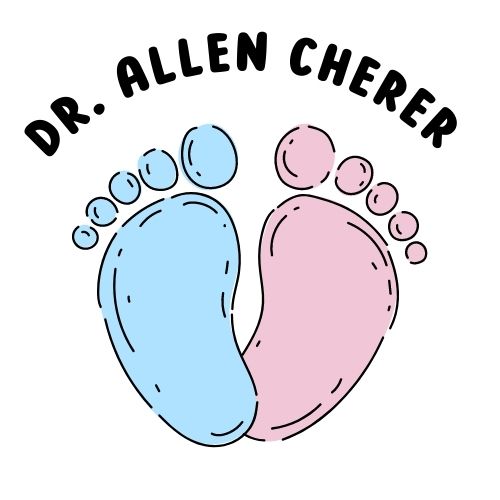Artificial intelligence is changing our lives in many ways, including our approach to healthcare. Let’s look at how AI has made waves in the healthcare industry.
AI vs. COVID-19
The rise of the global pandemic has significantly impacted society, but technological innovations have helped keep us ahead of the curve. For instance, a Canadian company predicted that the COVID-19 bacteria would spread globally.
Machine learning also helped with the development of vaccines for the SARS-CoV-2 virus. Studying protein fragments made it possible to develop effective vaccines much faster than ever before.
AI has also been used to identify people who might be infected with SARS or other contagious diseases. Aside from being able to detect individuals, it can also identify objects in public areas and even those who are wearing masks.
AI and Drug Development & Diagnosis
Aside from pandemic response, AI has also been utilized in other applications. For instance, it has been used to improve the efficiency of healthcare decisions.
In treating patients with COVID-19, AI has been able to detect the presence of pneumonia in CT scans. Microsoft created Project InnerEye, which allows users to create 3D models of their patients quickly. It saves time and helps in reducing the number of scans needed to complete.
AI and Mental Health
Aside from physical health, AI can also be used to study mental health. For instance, MIT and Harvard researchers were able to analyze thousands of Reddit messages to find out how topics about suicide and loneliness had increased over time.
AI and Telehealth
With the development of chatbot technology, it has been possible to improve the efficiency of telehealth services. For instance, a study conducted by UCLA researchers used AI and chatbot technology to create a virtual interventional radiologist that could help diagnose patients.
AI Requires Data
The most important component of AI in healthcare is data. A good training dataset is the key to successful development. Having a team composed of data scientists and software developers is also key to the success of AI in healthcare.
